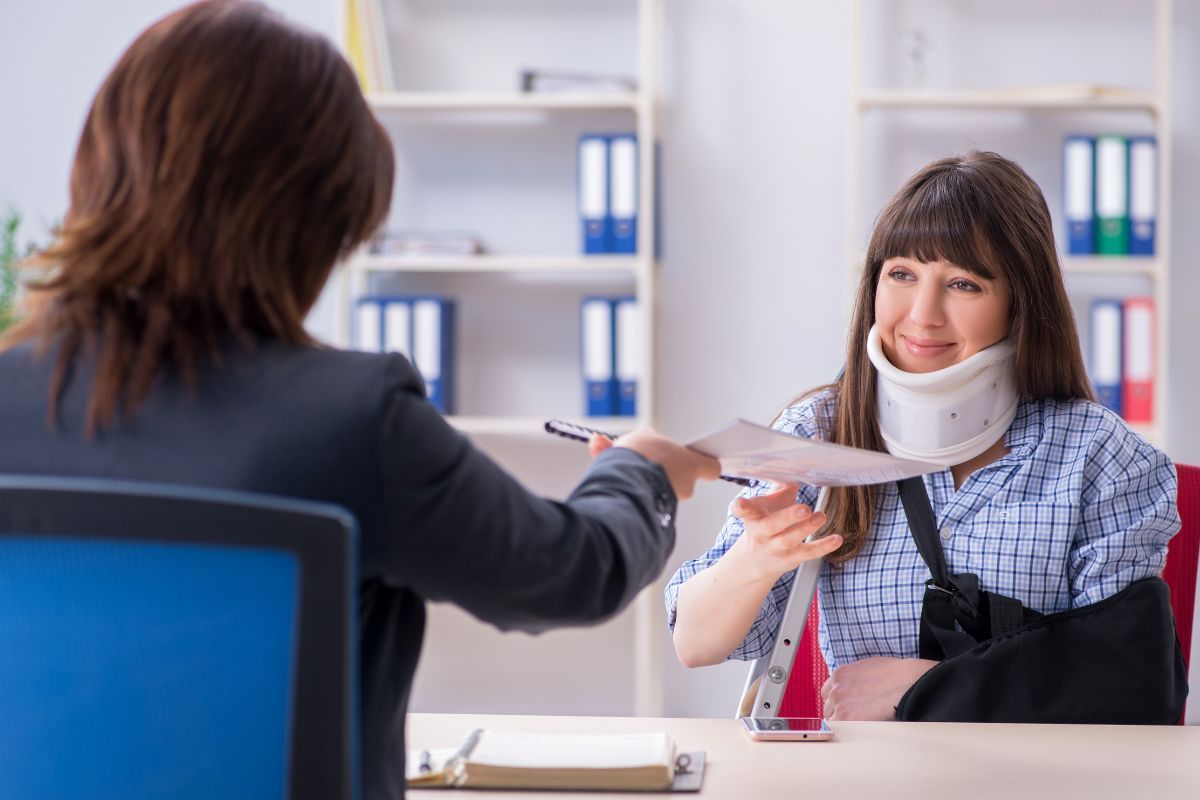Understanding the 4 Elements of Negligence in Florida: What Every Charlotte County Injury Victim Should Know

If you were injured in an accident in Charlotte County, whether in a car crash on US-41, a slip-and-fall in a local store, or due to medical malpractice, you may be wondering: Do I have a personal injury case?
The foundation of nearly every personal injury claim in Florida is negligence. To hold someone legally responsible for your injuries, your attorney must prove four key elements. At GTS Law Firm, we help injury victims understand what these elements mean—and how they apply to your situation.
1. Duty of Care
The first step in proving negligence is showing that the other party owed you a legal duty of care.
In simple terms, this means they were obligated to act in a reasonably safe manner. For example:
- Drivers must follow traffic laws and operate their vehicles safely.
- Property owners must maintain safe conditions on their premises.
- Doctors must provide care consistent with medical standards.
In Charlotte County, this could mean a store owner has a duty to clean up spills quickly to prevent falls, or a driver has a duty to stay focused and obey speed limits near busy intersections like Cochran Blvd and Tamiami Trail.
2. Breach of Duty
Once a duty is established, the next step is showing that the duty was breached. In legal terms, this means the person acted unreasonably or failed to act when they should have.
Some examples:
- A distracted driver ran a red light and caused a collision.
- A landlord ignored repeated complaints about broken stairs.
- A business failed to warn customers about a wet floor.
Evidence like surveillance footage, accident reports, or witness statements can help establish that a breach occurred.
3. Causation
Next, we must prove that the breach of duty directly caused your injuries. It’s not enough that someone acted carelessly, you must show a clear link between their actions and the harm you suffered.
This step often involves:
- Medical records
- Expert testimony
- Incident reconstruction
For instance, if you slipped on an unmarked puddle in a Punta Gorda supermarket and fractured your wrist, your attorney would need to show that the injury was directly caused by the store’s negligence, not another factor.
4. Damages
Finally, you must show that the accident resulted in actual damages, this can include physical, emotional, and financial harm.
Common types of damages include:
- Medical expenses
- Lost wages
- Pain and suffering
- Property damage
- Emotional distress
At GTS Law Firm, we work to ensure your damages are fully documented and accurately valued, because your recovery matters.
What This Means for You
Negligence law in Florida is fact-specific and often complex. If you believe someone else’s carelessness caused your injury, don’t navigate the legal system alone. Our team at GTS Law Firm has the local experience, legal insight, and dedication to fight for what you deserve.
📞 Schedule your free consultation today—we’re proud to serve Charlotte County and the surrounding communities with compassion and results-driven representation. (941) 625-6666
Share This Post:






